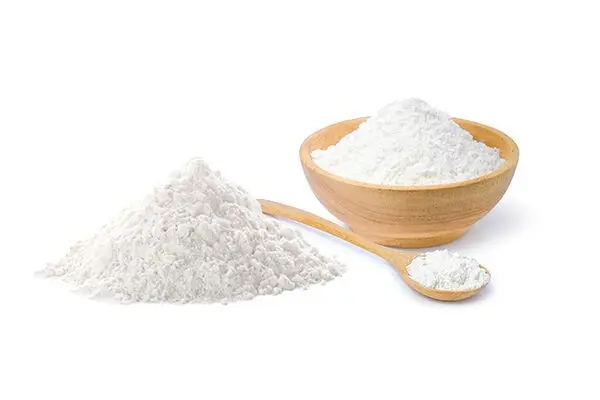What is L-leucine used for?
L-leucine is an essential amino acid that plays a vital role in protein synthesis and muscle growth. It is one of three branched-chain amino acids (BCAA) along with L-isoleucine and L-valine. L-leucine is not produced by the body and must be obtained through diet or supplements. This amino acid has a variety of uses, and its benefits extend beyond building muscle.
One of the main uses of L-leucine is to promote muscle protein synthesis. When combined with resistance training, L-leucine has been shown to enhance muscle growth and recovery. It activates the mammalian target of rapamycin (mTOR) pathway, a key regulator of muscle protein synthesis. This makes L-leucine a popular supplement among athletes, bodybuilders, and fitness enthusiasts looking to maximize muscle growth and improve overall athletic performance.
In addition to its role in muscle building, L-leucine supports overall health and well-being. It is involved in the production of growth hormone, which is essential for tissue growth, repair and maintenance. L-leucine also regulates blood sugar levels and promotes energy production. This is particularly beneficial for individuals who want to control their weight and improve metabolic health.
Additionally, L-leucine has been studied for its potential benefits in supporting cognitive function. It is a precursor to the neurotransmitter glutamate, which is involved in learning, memory, and overall brain function. Some research suggests that L-leucine supplementation may have a positive impact on cognitive performance and mental clarity.
L-leucine is also used to treat certain conditions. It has been studied for its potential role in the management of muscular dystrophy disorders such as sarcopenia and cachexia, which are characterized by loss of muscle mass and strength. Additionally, L-leucine may be beneficial to individuals recovering from surgery or injury as it supports the body's natural healing and recovery processes.
When it comes to supplements, L-leucine is often available in the form of standalone amino acid supplements, branched-chain amino acid blends, and protein powders. It also occurs naturally in a variety of foods, including meat, dairy products, eggs, and legumes. For those looking to increase their L-leucine intake through their diet, incorporating these protein-rich foods into their meals may be an effective strategy.
It's important to note that while L-leucine has many potential benefits, it must be used responsibly and at recommended doses. As with any supplement, individuals should consult a healthcare professional before starting L-leucine supplementation, especially if they have any underlying health conditions or are taking medications.
In conclusion, L-leucine is a versatile amino acid with a wide range of uses and benefits. From supporting muscle growth and recovery to promoting overall health and well-being, L-leucine plays a vital role in a variety of physiological processes. Whether obtained through diet or supplementation, incorporating L-leucine into a balanced lifestyle can be a valuable strategy for individuals seeking to optimize physical and mental performance.
Website:site_e45e9567-9e32-465a-b8fd-e09f03f798c3
Mailbox:ericyang@xasost.com
WhatsApp:+86 13165723260

 Food Additives
Food Additives












